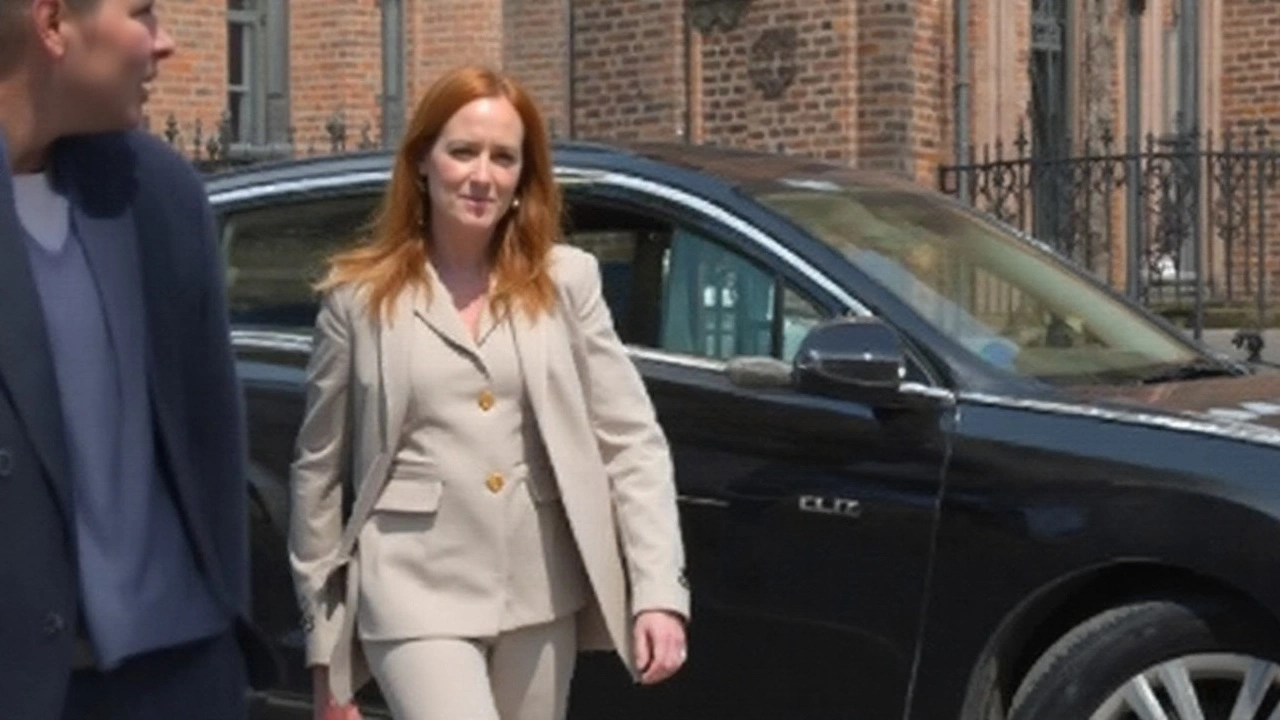Stamp Duty: A Practical Guide for Sports Fans and Homebuyers
When dealing with Stamp Duty, a tax levied on the transfer of property or land in the UK. Also known as SD, it applies every time a deed is signed, whether you’re buying a family home, a town‑centre flat, or a stadium for your local club. Stamp duty can feel like an extra surprise at the checkout, but knowing the rules helps you budget better and avoid nasty surprises.
Key Concepts That Shape Stamp Duty Costs
Understanding the tax means looking at a few linked ideas. First, Property Purchase, the act of acquiring residential or commercial real estate triggers the duty based on price brackets. Second, a Land Transaction, any sale involving land, including development plots and sports grounds follows the same bands, though some reliefs differ. Third, First‑Time Buyer Relief, a discount for people buying their first home under a set price can shave thousands off the bill, making a big impact for younger fans saving for a house near the stadium. Finally, Legal Conveyancing, the legal process of transferring ownership often bundles the duty into the overall closing costs, so you see it as one line item on the solicitor’s invoice.
These entities interact in clear ways: Stamp Duty encompasses property purchase and land transaction; it requires legal conveyancing to be paid; and first‑time buyer relief influences how much you actually owe. For a sports club looking to buy a new stadium, the transaction is a land transaction and the duty can run into six figures, so clubs often plan the purchase alongside sponsorship deals. For an individual fan buying a first home, the relief can mean paying less than a typical buyer in the same price band. Both scenarios show how the tax ties into broader financial planning.
Below you’ll find a curated set of articles that dive deeper into each of these angles. Whether you’re a soccer supporter curious about how clubs finance stadium upgrades, a runner eyeing a home close to a trail network, or simply a first‑time buyer, the posts break down the numbers, share real‑world examples, and point out common pitfalls. Keep reading to see how the tax landscape shapes decisions in sports, health, and everyday life, and pick up actionable tips you can use right away.
